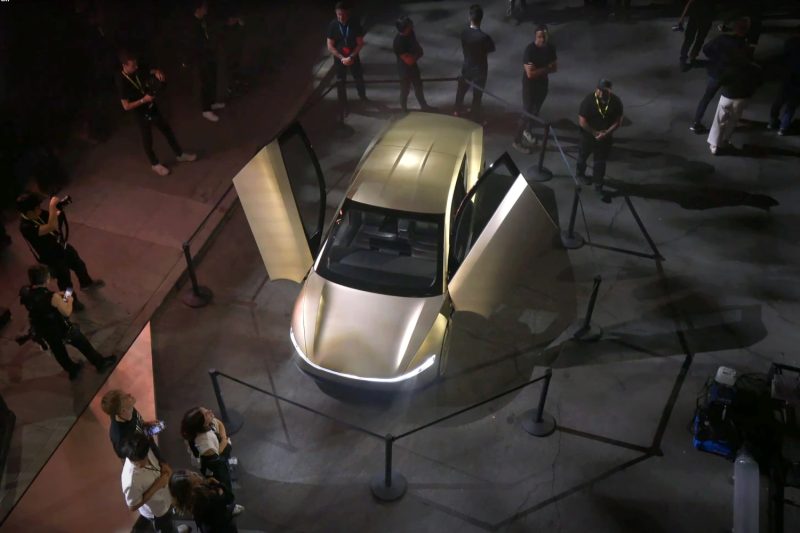Elon Musk’s Tesla, Warner Bros, Discovery Sued Over Alleged Blade Runner 2049 AI Ripoff for Cybercab Promotion
The recent lawsuit filed against Elon Musk’s Tesla, Warner Bros, and Discovery has sent shockwaves through the tech and entertainment industries. Accusations of an alleged Blade Runner 2049 AI ripoff for Cybercab promotion have brought this high-profile case to the forefront of legal scrutiny.
The lawsuit, filed by a group of independent artists and writers, claims that the promotional campaign for Tesla’s Cybercab and Cybertruck vehicles bears a striking resemblance to the iconic visuals and themes of the movie Blade Runner 2049. The Cybercab promotion, which featured AI-driven vehicles navigating futuristic cityscapes, allegedly copied key elements from the sci-fi film without proper authorization or credit to the original creators.
At the center of the controversy is the question of intellectual property rights and the ethical boundaries of creative inspiration in marketing and promotion. The plaintiffs argue that Tesla, Warner Bros, and Discovery intentionally borrowed from Blade Runner 2049’s visual style and narrative motifs to enhance the marketability of their products, thus infringing on the original work’s copyright and potentially misleading consumers.
The implications of this lawsuit extend far beyond the immediate parties involved, raising fundamental questions about the limits of corporate creativity and the responsibilities of major players in the entertainment and tech industries. As the boundaries between art, technology, and commerce continue to blur, cases like this serve as crucial reminders of the importance of respecting the rights and contributions of content creators.
In response to the allegations, representatives for Tesla, Warner Bros, and Discovery have dismissed the lawsuit as baseless and vowed to defend their marketing strategies as legitimate and original. They maintain that the Cybercab promotion was inspired by a broad range of cultural influences and futuristic concepts, emphasizing the transformative nature of the creative process in branding and advertising.
This legal battle is likely to be closely watched by industry experts, legal scholars, and creatives alike, as it shines a spotlight on the complex dynamics surrounding intellectual property in the digital age. The outcome of the case could set important precedents for how companies navigate the terrain of creative collaboration, innovation, and appropriation in an increasingly interconnected and competitive global marketplace.
As the legal proceedings unfold and both sides present their arguments, the wider public will undoubtedly be engaged in a nuanced dialogue about the intersection of art, technology, and corporate responsibility. Only time will tell how this high-stakes conflict will be resolved and what lasting impact it will have on the future of creative industries and intellectual property rights enforcement.

